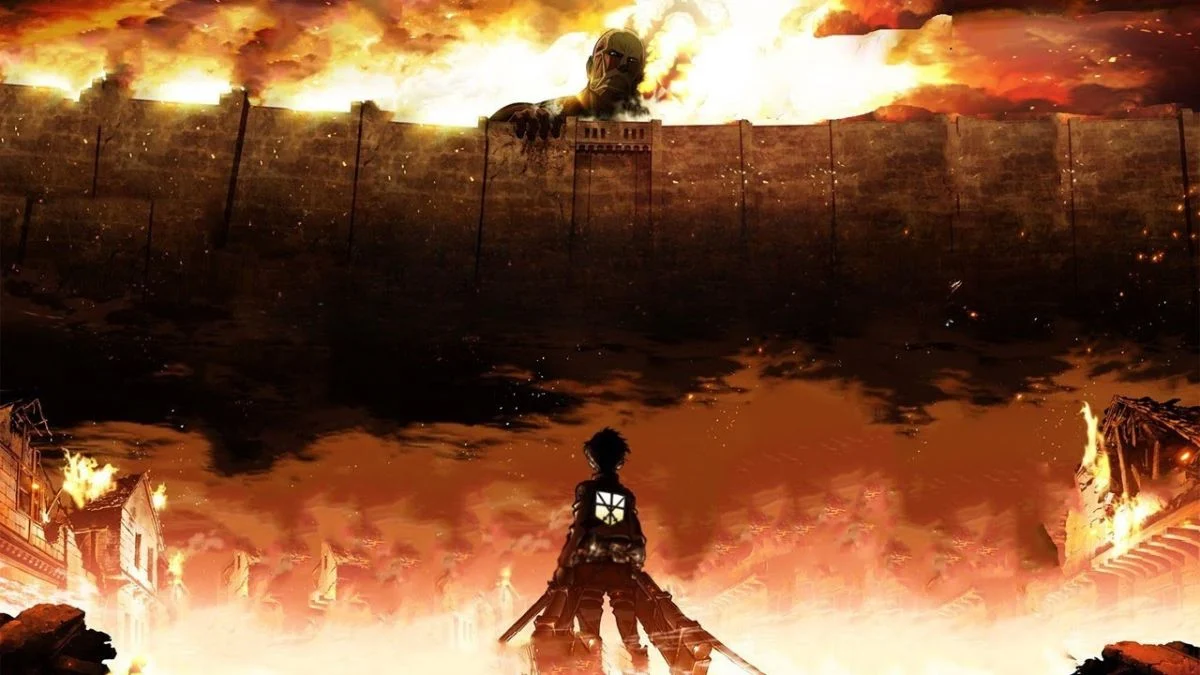
Anime openings and soundtracks are famous for being incredibly catchy, and some of the best songs even become well-known parts of popular culture. Here’s a selection of beloved tracks that helped make their shows memorable, gained popularity beyond the anime world, and captivated audiences from the start.
‘Neon Genesis Evangelion’ (1995–1996) – A Cruel Angel’s Thesis
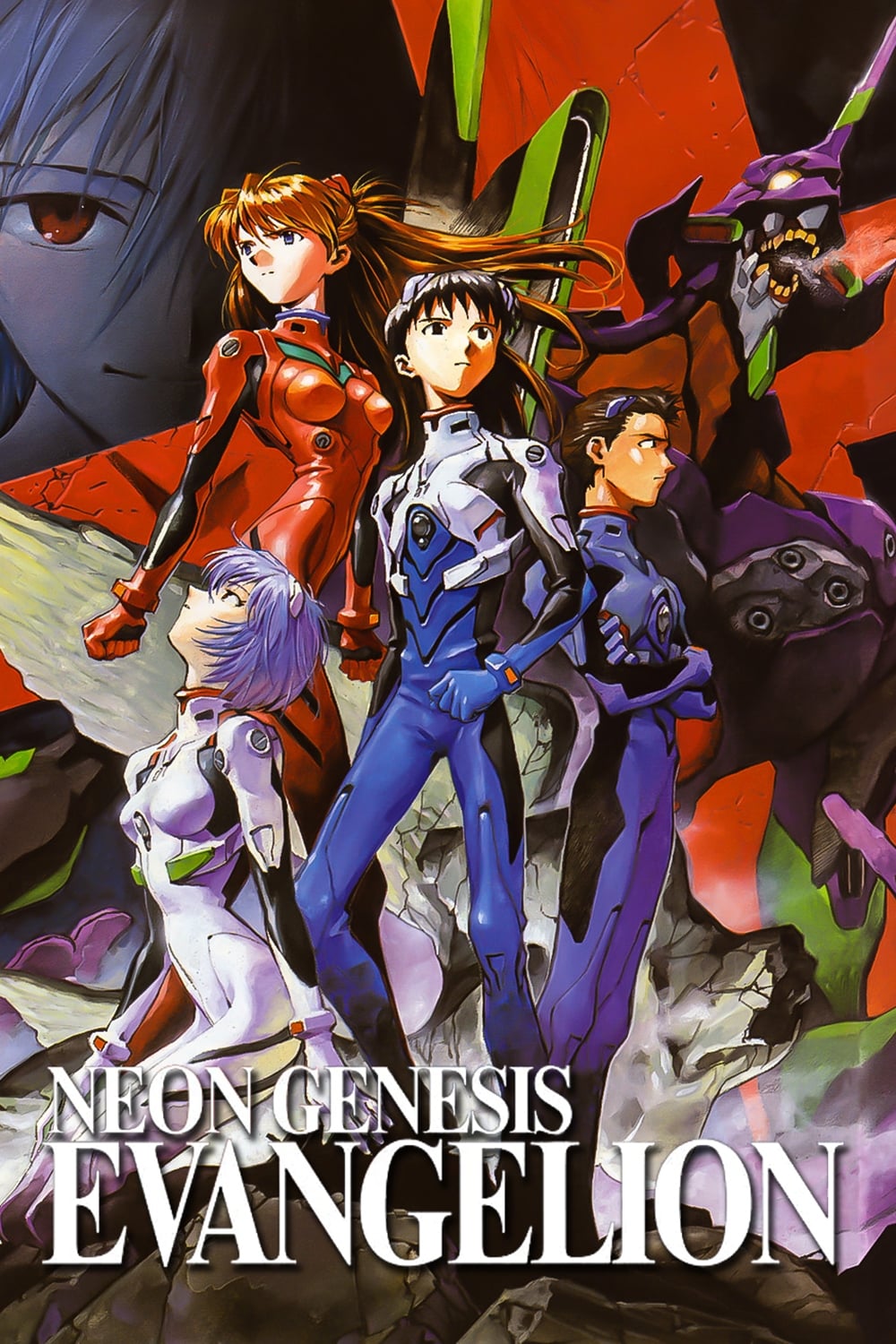
Yoko Takahashi performs the opening theme song, which accompanies the show’s memorable title sequence in each episode. Created specifically for the series, the song perfectly captures the show’s mix of exciting action and thoughtful moments. It has remained popular for decades thanks to numerous releases and updated versions, and you can find karaoke and cover versions both in Japan and around the world.
‘Cowboy Bebop’ (1998–1999) – Tank!
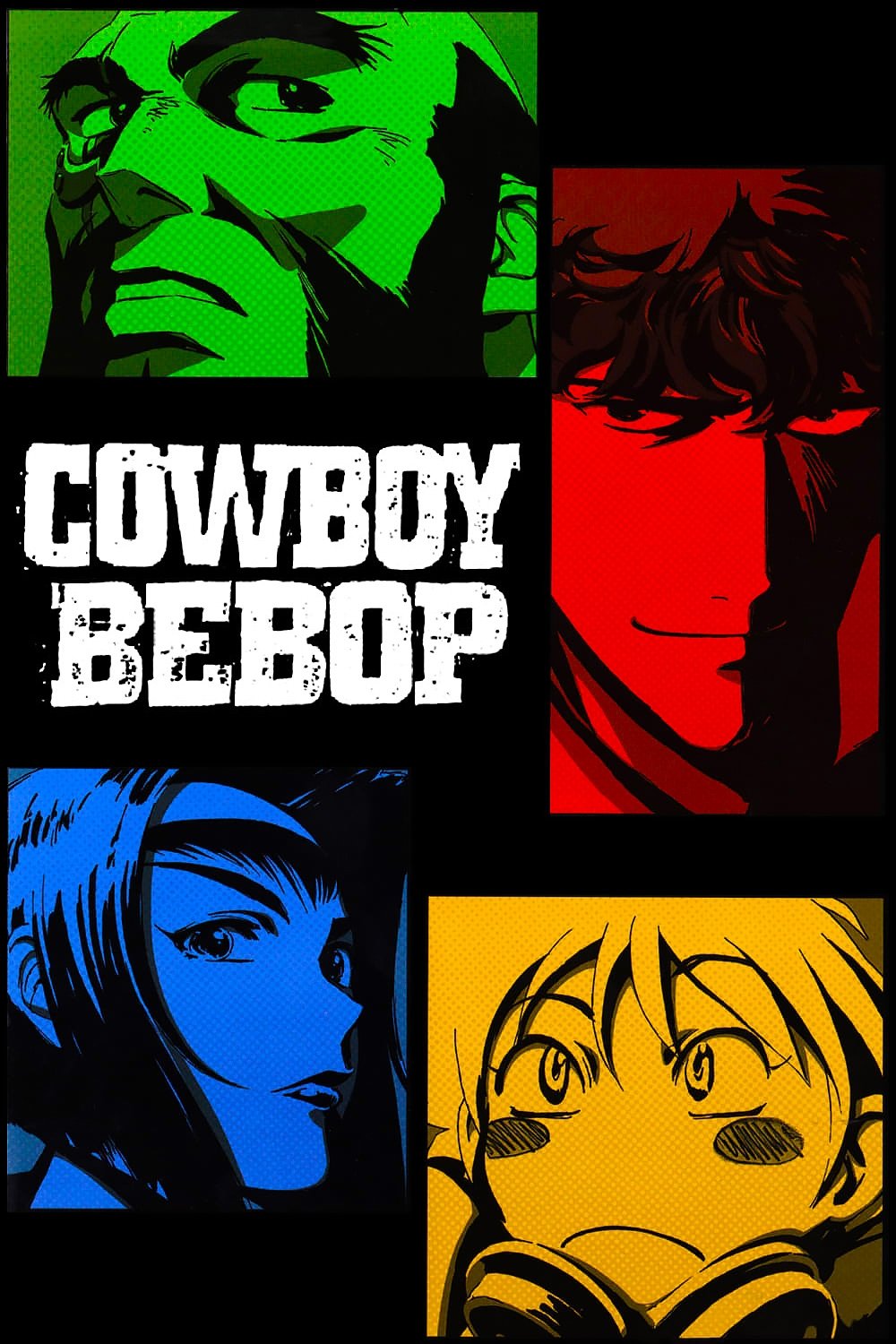
Yoko Kanno composed this energetic jazz piece, performed by The Seatbelts, which plays at the beginning of each episode. It features lively brass and upright bass and was recorded with professional musicians to sound like a live big band. You can find it on the official soundtracks, and the full version has longer instrumental sections than what’s heard on TV.
‘One Piece’ (1999–present) – We Are!
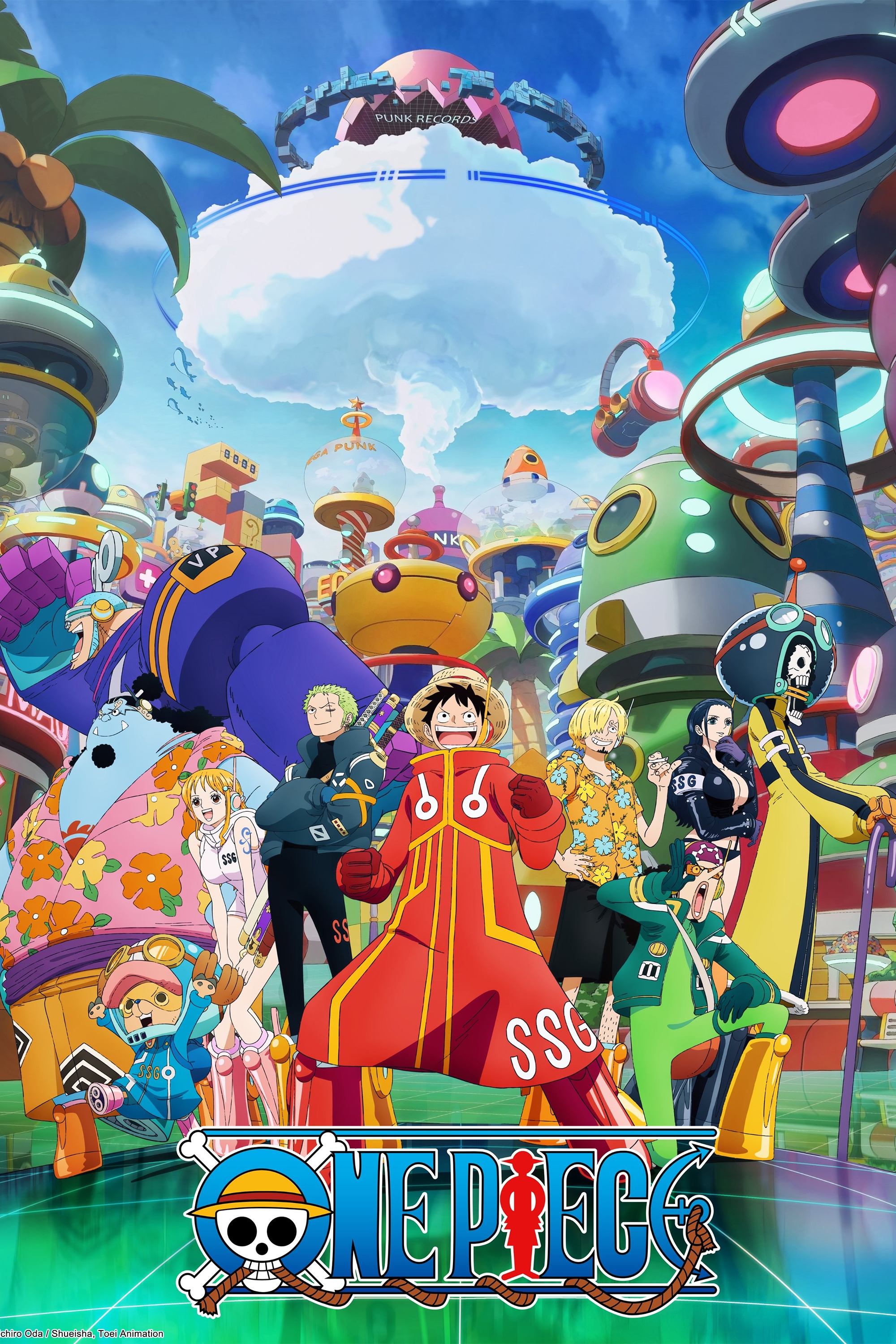
Hiroshi Kitadani sings the very first opening theme song for the series. The song sets the stage for the Straw Hat crew’s adventures and was updated for special anniversary releases. It’s been included on several One Piece soundtrack albums, and different versions have been made for viewers in other countries.
‘Dragon Ball Z’ (1989–1996) – Cha La Head Cha La

Hironobu Kageyama performs the opening theme song, which was first heard early in the series. The song’s music includes noticeable guitar and synthesizer sounds common for that time period. It’s available on official singles and soundtracks, and different versions were created for television broadcasts and full-length releases.
‘Naruto’ (2002–2007) – Haruka Kanata

Asian Kung Fu Generation performs this second opening song for the anime series. The full studio recording is a little different from the version used in the show. You can find it on the band’s single and on various official anime soundtracks. The song played during important story arcs that established the main conflicts and rivalries.
‘Naruto Shippūden’ (2007–2017) – Blue Bird

Ikimono-gakari performs the third opening theme for the show’s sequel. The song is upbeat, with catchy vocals and a chorus that perfectly matches the exciting action scenes. It was released as a single, including instrumental and shorter TV versions. The opening sequence also showcases redesigned versions of familiar characters.
‘Attack on Titan’ (2013–2023) – Guren no Yumiya
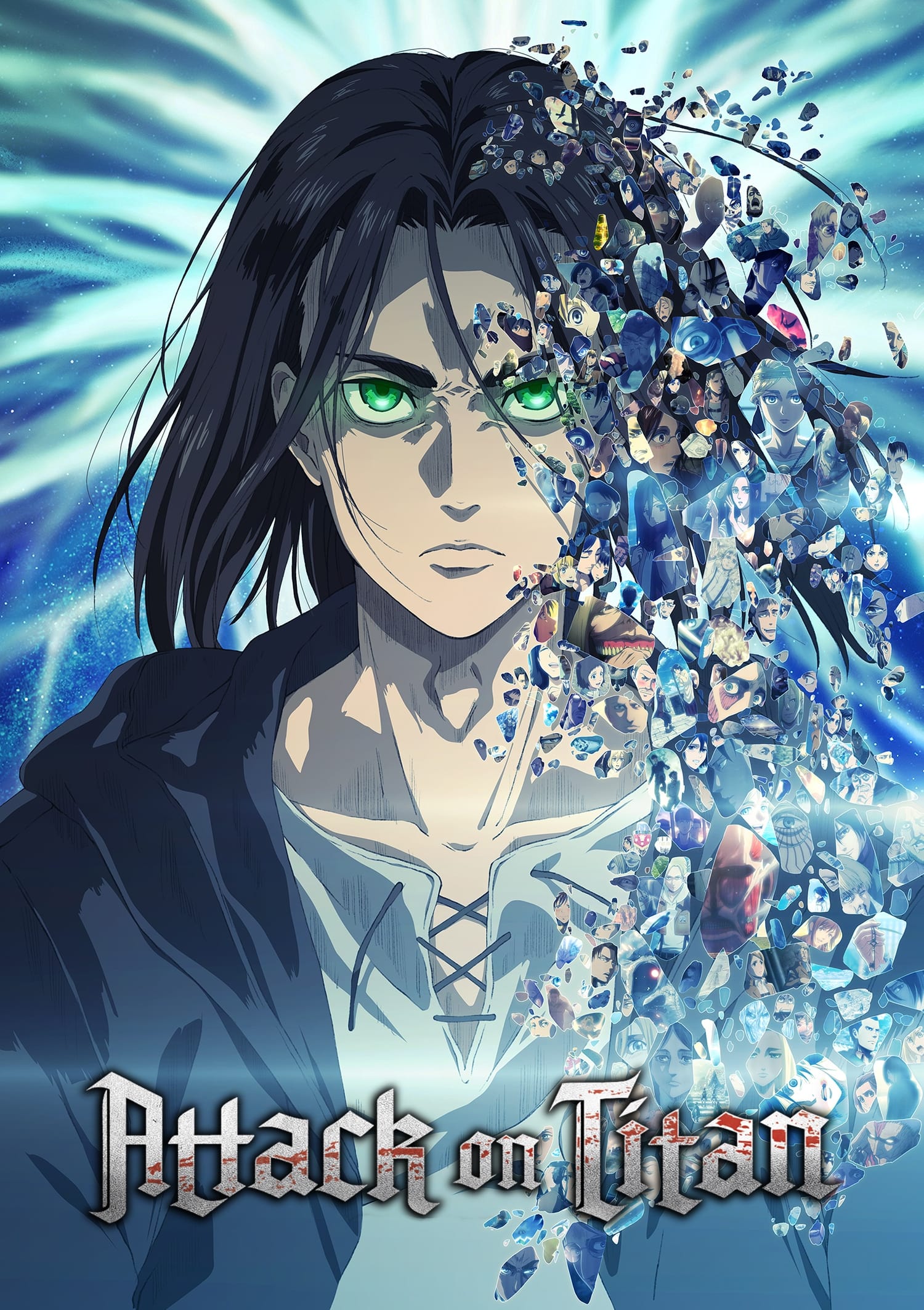
Linked Horizon performed the opening theme for the first season of the show. The music combines rock instruments with choir vocals to reflect the epic scope of the series. Both the complete song and a shorter version for television are available. This song plays during the initial episodes, setting the stage for the world within the Walls and introducing the Survey Corps.
‘Tokyo Ghoul’ (2014–2018) – Unravel
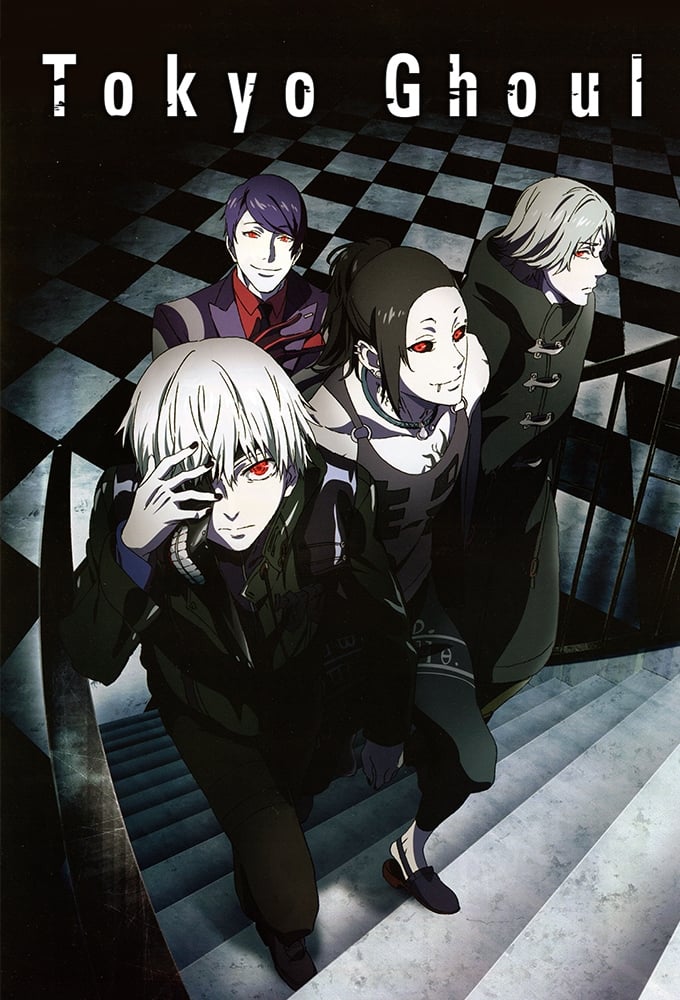
TK from the band Ling tosite sigure sings the opening theme for the first season of the show, and you can hear it during the credits. The official studio recording highlights TK’s unique style of layered vocals and guitar playing. It’s available on his singles and albums. The version used in the TV show starts quietly, building up to a powerful chorus.
‘Demon Slayer: Kimetsu no Yaiba’ (2019–present) – Gurenge
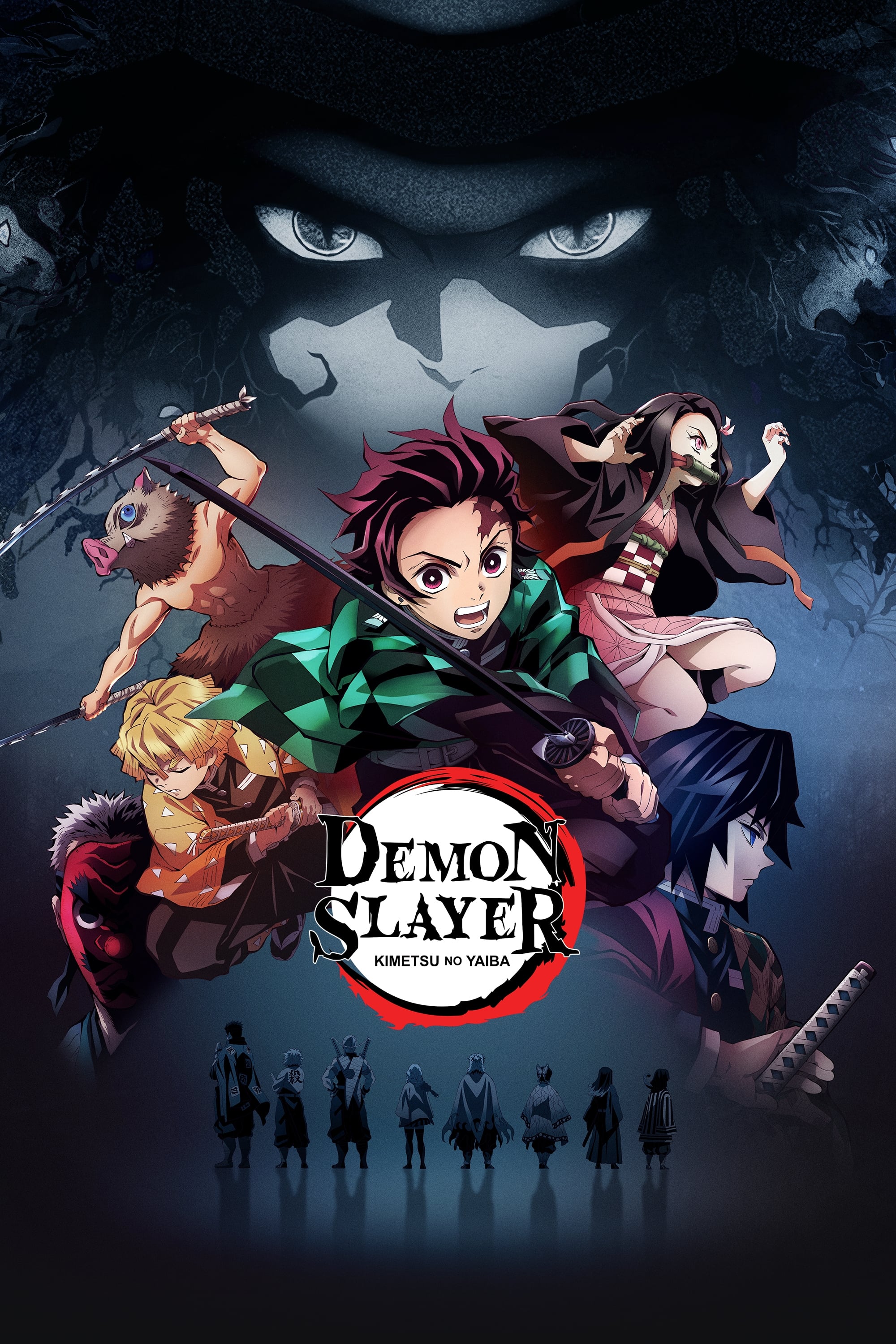
LiSA sings the opening theme for the first season of the show. The song was released as a single in several versions, including instrumental and shorter mixes. It plays during the opening credits, which showcase the main characters and their demon-fighting skills. LiSA frequently performs this song in her concerts.
‘Sword Art Online’ (2012–present) – Crossing Field

LiSA performs the opening theme for the first major story arc, Aincrad. The song comes in different versions for radio, television, and complete enjoyment. It’s featured alongside exciting scenes of early battles and character interactions from the game. You can find the track on official soundtracks and compilation albums related to the series.
‘Fullmetal Alchemist: Brotherhood’ (2009–2010) – Again
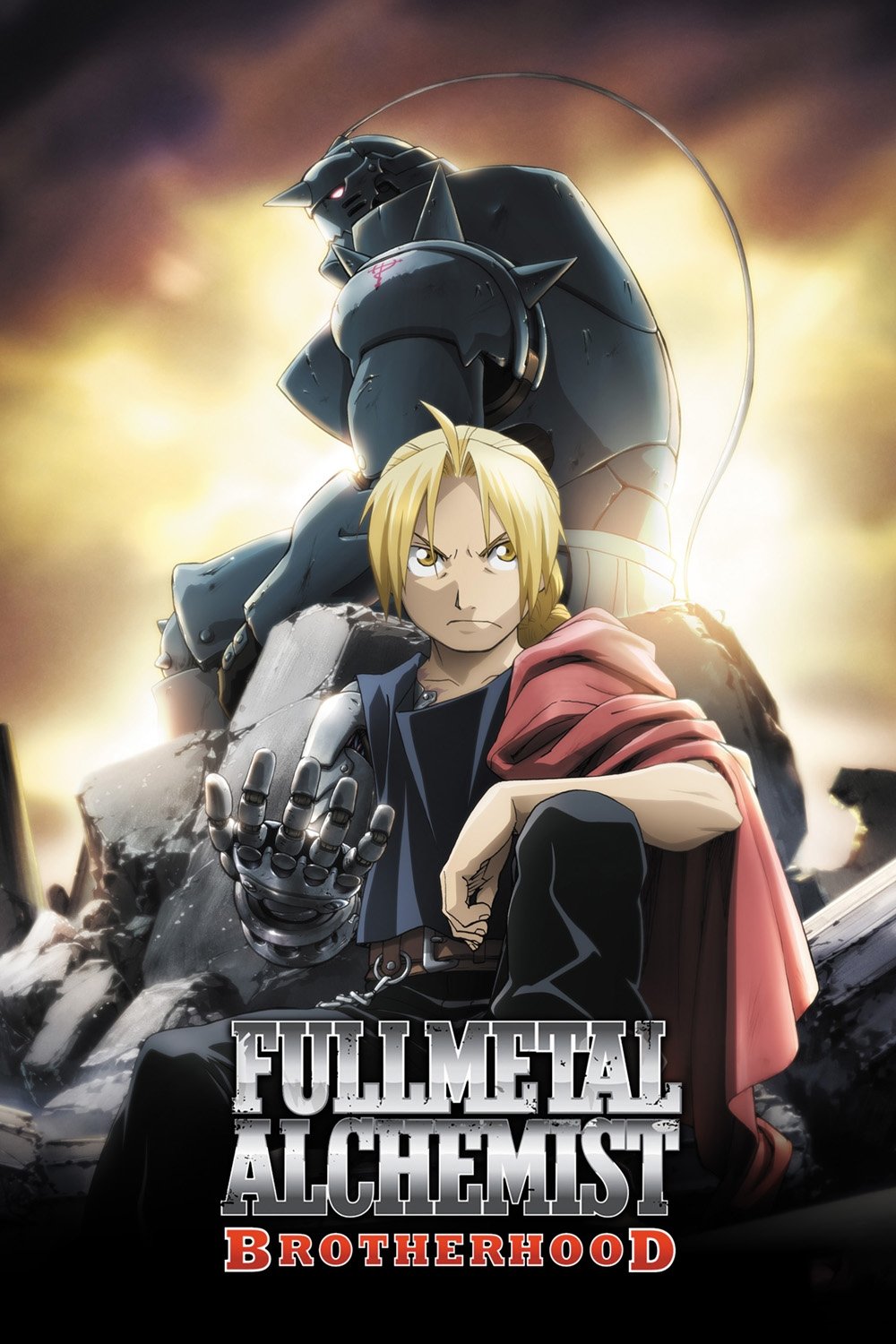
YUI performs the opening theme for this series. The song features upbeat, guitar-focused arrangements that complement the show’s fast pace. While the version used for television is shorter to fit time constraints, the full-length song is available on this release. The visuals accompanying the song showcase the Elric brothers and elements of alchemy.
‘Bakemonogatari’ (2009) – Kimi no Shiranai Monogatari
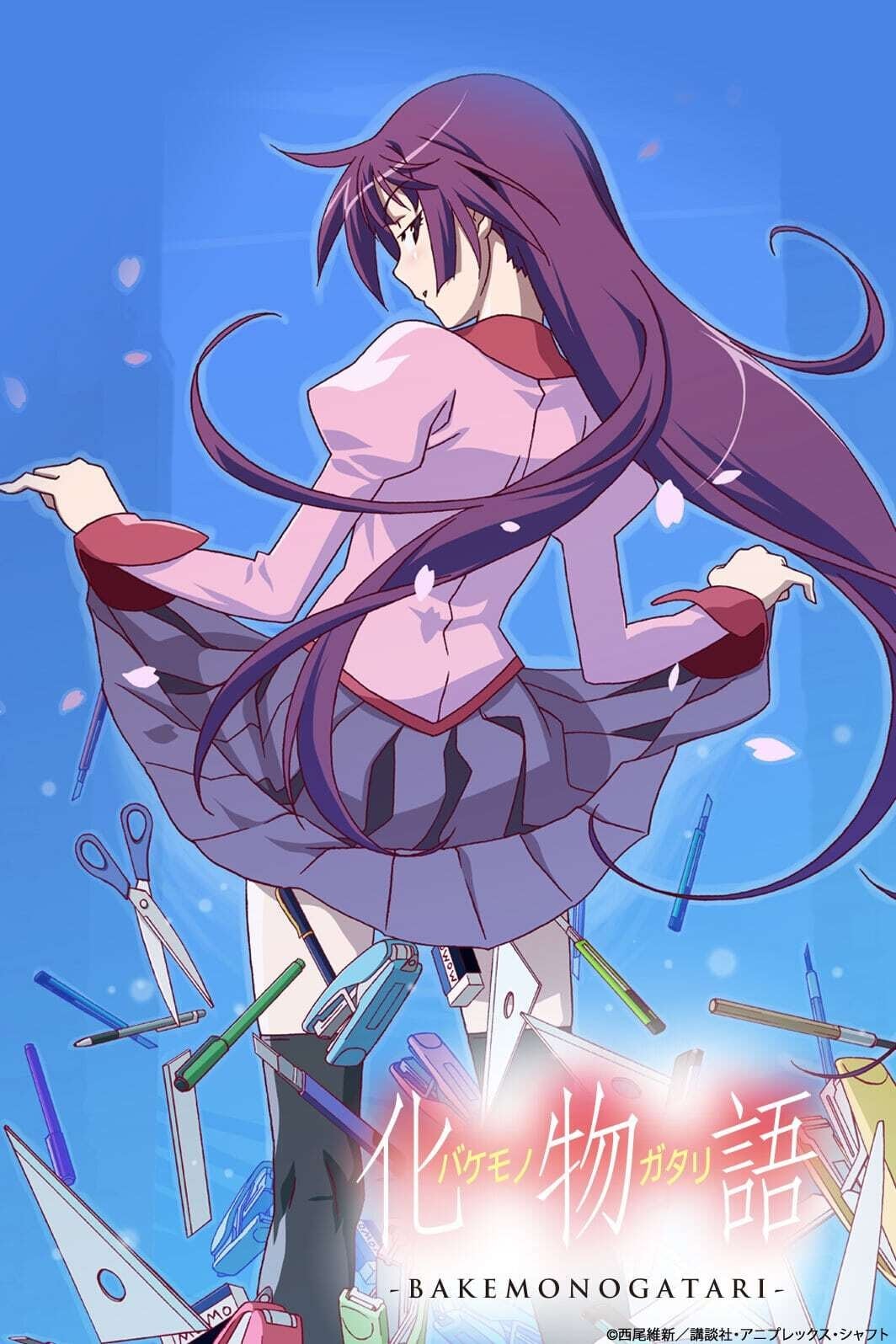
Supercell created this song as the ending theme for the series. It was produced by Ryo and features vocals from Nagi Yanagi. The track plays after each episode, accompanied by unique visuals, and is also available on official soundtracks.
‘Your Lie in April’ (2014–2015) – Hikaru Nara
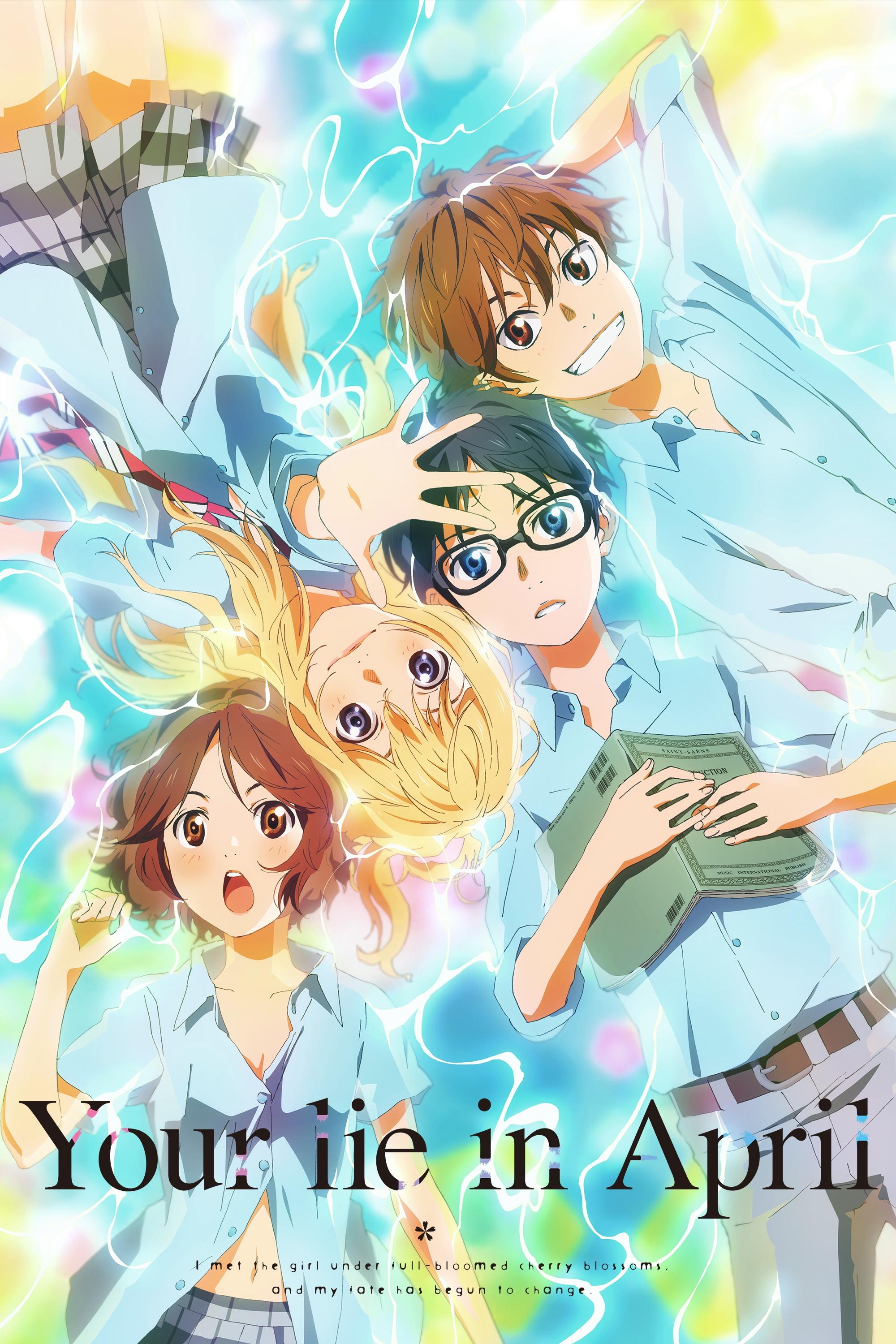
The opening theme is performed by Goose house, fitting the show’s musical style. The song features acoustic sounds that match the series’ focus on classical music. For television, the song’s chorus is timed to coincide with character introductions and performance scenes. It has also been included on various compilation albums featuring the band.
‘Yuri!!! on Ice’ (2016) – History Maker
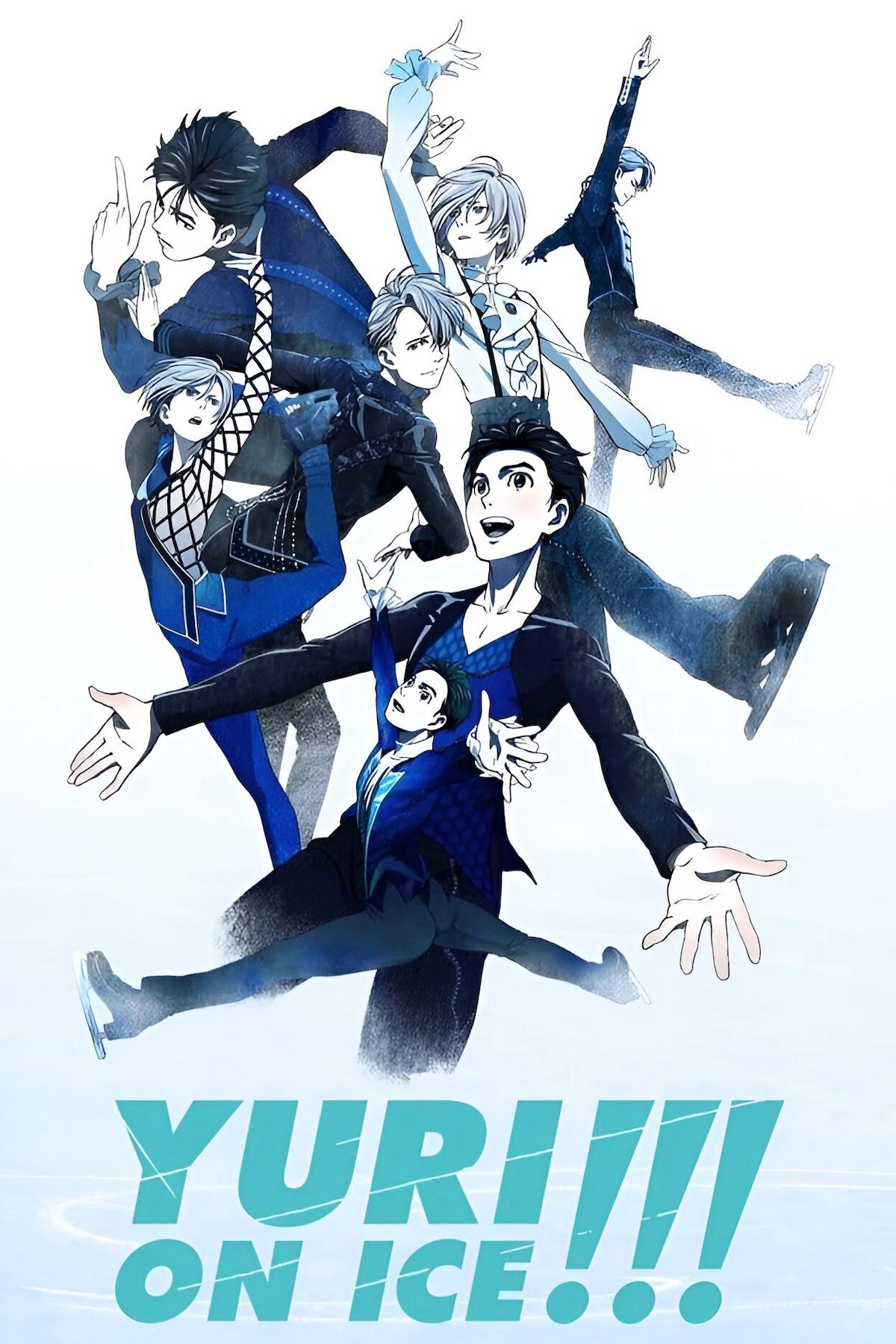
Dean Fujioka performs the opening theme song for this figure skating series. The song features an upbeat and inspiring pop arrangement, perfectly complementing the training and competition footage. Both the complete song and a shorter version made for television are available, and it’s being used in broadcasts and online streaming around the world.
‘The Melancholy of Haruhi Suzumiya’ (2006–2009) – God knows…
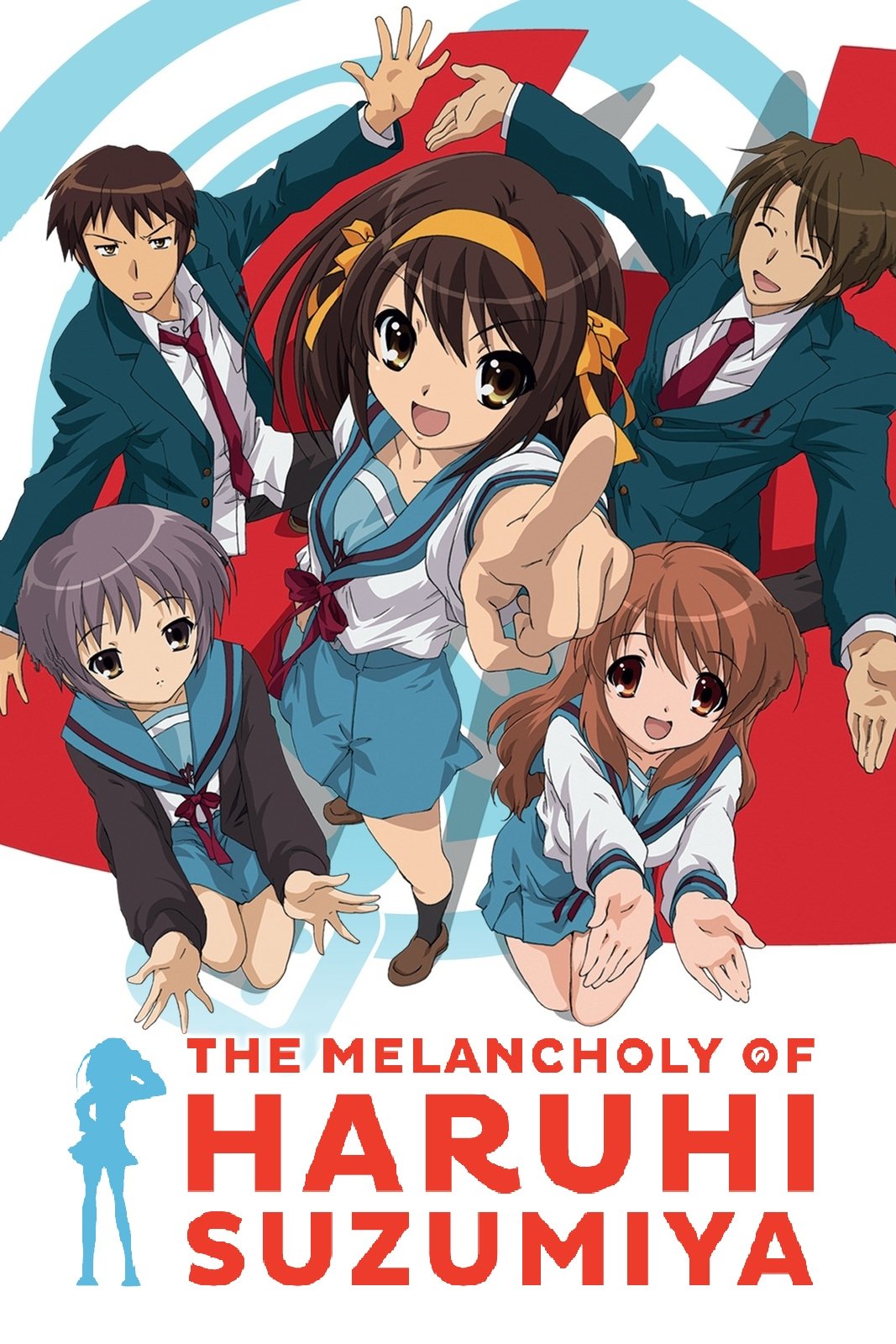
Aya Hirano sings this song while playing the character Haruhi, as if performing live during the school festival in the show. The song is available on character song albums and official soundtracks. The guitar and drum arrangements were specifically created to sound like the band seen on screen.
‘Jujutsu Kaisen’ (2020–present) – Kaikai Kitan

Eve sings the opening song for the first part of the series. The full studio recording has complex guitar work and fast-paced vocals, and is available online and on the artist’s albums. The opening sequence for the show combines the song with visually striking scenes of the characters and their special abilities.
‘Oshi no Ko’ (2023–present) – Idol
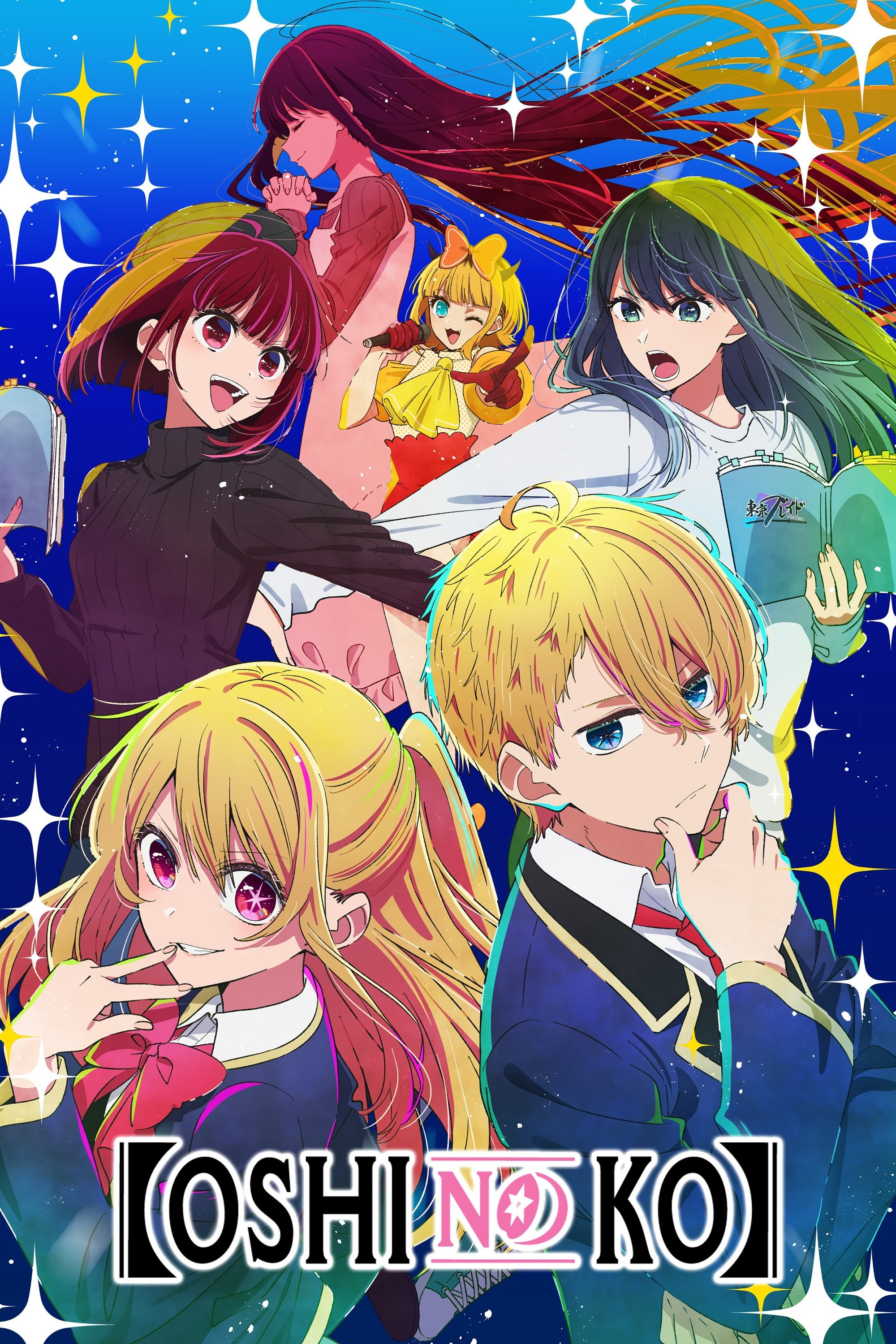
YOASOBI created this song as the opening theme for the first season of the anime. The release features both versions made for television and the complete, full-length track. The lyrics cleverly hint at the anime’s setting within the entertainment world. The song is available on official singles and is supported by music videos showcasing live performances.
‘Code Geass: Lelouch of the Rebellion’ (2006–2008) – Colors
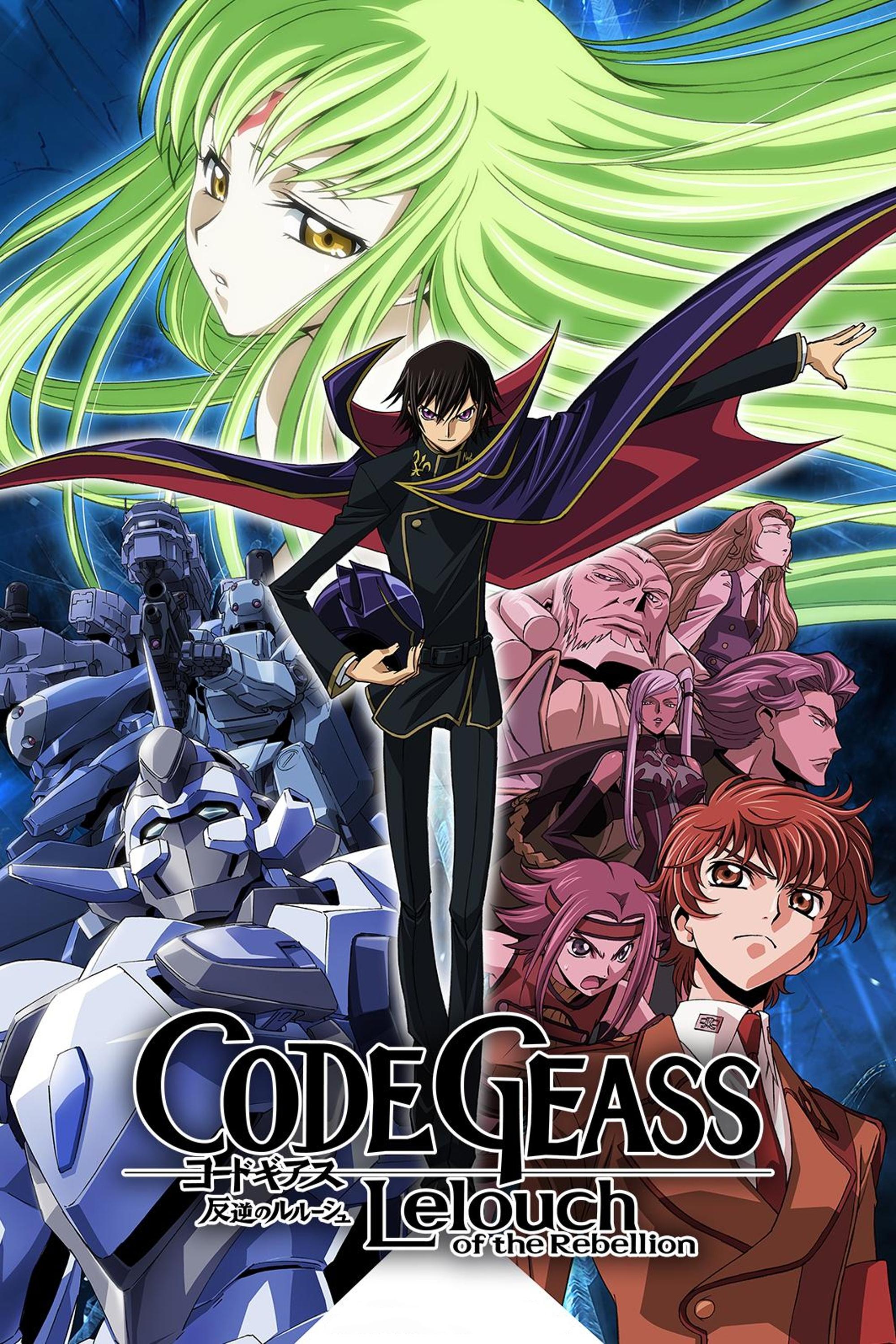
FLOW performs the very first opening theme song for the series. The song was shortened and adjusted in tempo to fit well within a TV broadcast. It’s available on FLOW’s single releases and on various Code Geass soundtrack albums. While later seasons featured different opening themes, this particular song is strongly associated with the show’s initial episodes.
‘Steins;Gate’ (2011) – Hacking to the Gate
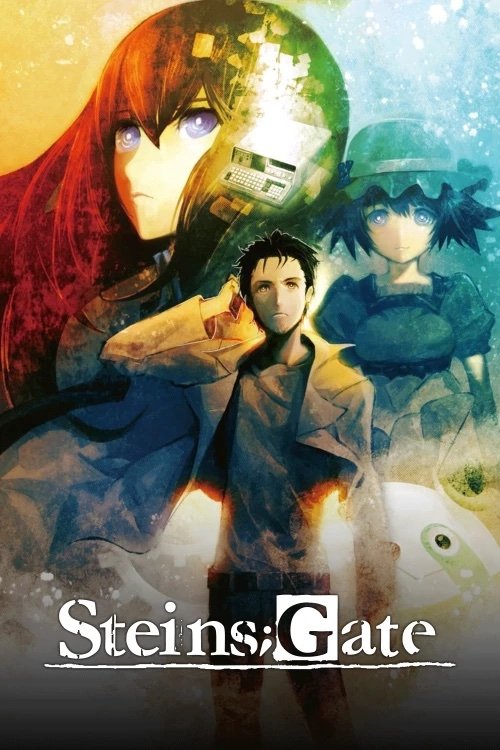
Kanako Itou sings the opening theme for this anime, which is based on a visual novel. The music combines electronic and rock sounds. The single features both instrumental versions and the complete song, not just the shorter TV version. The song’s visuals focus on time travel technology and the Future Gadget Lab.
‘Love Live! School Idol Project’ (2013–2014) – Snow halation
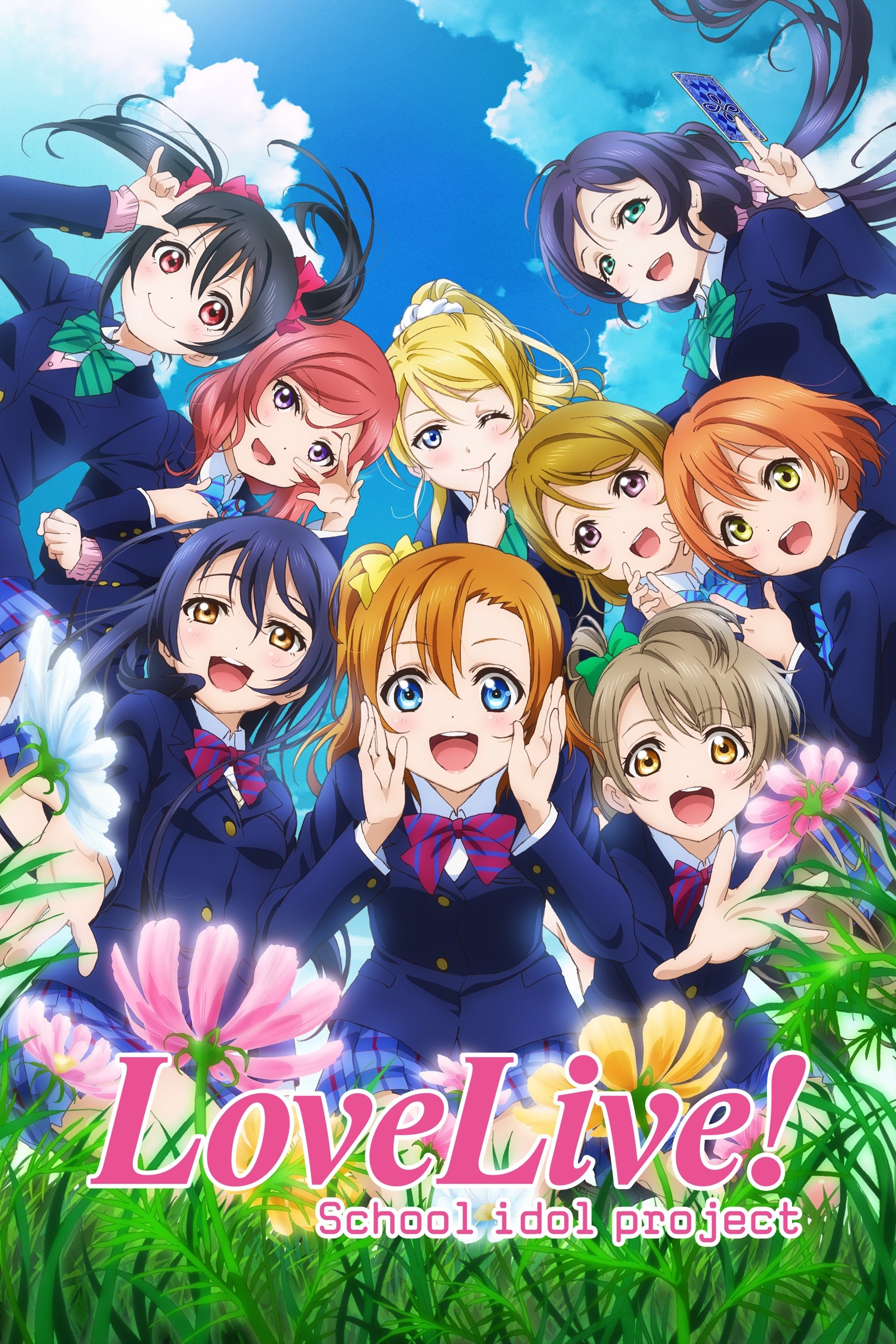
μ’s performs this song, which first appeared as a single before the anime series even began. It was later included in the anime’s concerts and has been featured in official music videos and various audio versions. To this day, it’s still a popular and essential part of the franchise’s live performances.
Share your favorite anime song in the comments and tell us which moment made it unforgettable.
Read More
- 2025 Crypto Wallets: Secure, Smart, and Surprisingly Simple!
- Gold Rate Forecast
- Brown Dust 2 Mirror Wars (PvP) Tier List – July 2025
- Banks & Shadows: A 2026 Outlook
- ETH PREDICTION. ETH cryptocurrency
- HSR 3.7 story ending explained: What happened to the Chrysos Heirs?
- The 10 Most Beautiful Women in the World for 2026, According to the Golden Ratio
- Gay Actors Who Are Notoriously Private About Their Lives
- 9 Video Games That Reshaped Our Moral Lens
- Zack Snyder Shares New Ben Affleck Batman Image: ‘No Question — This Man Is Batman’
2025-11-04 09:18